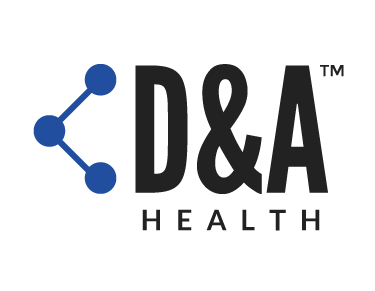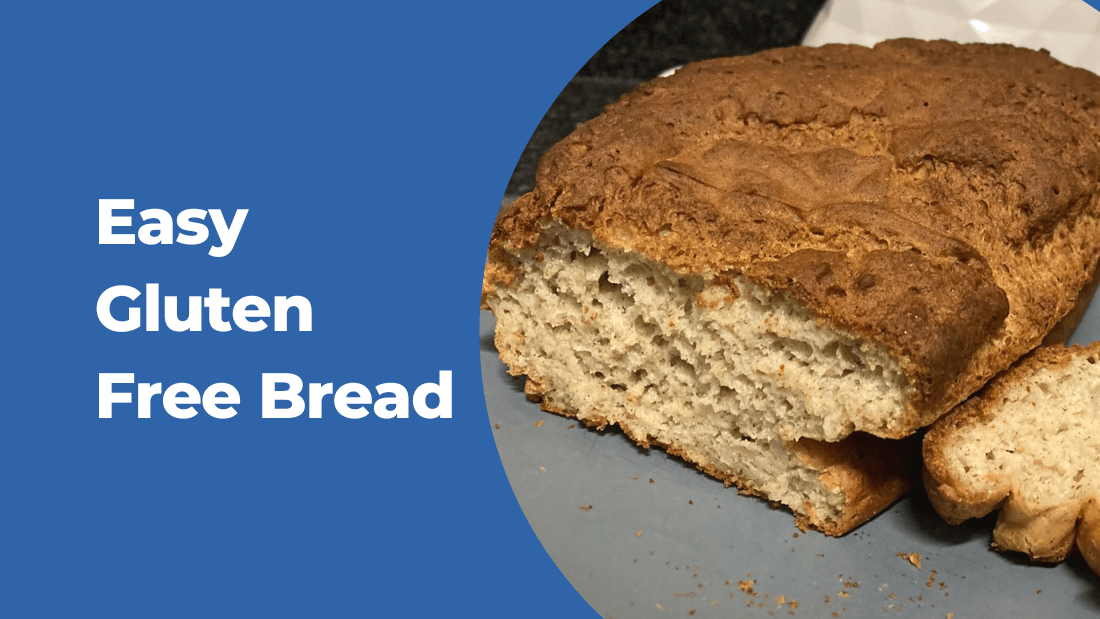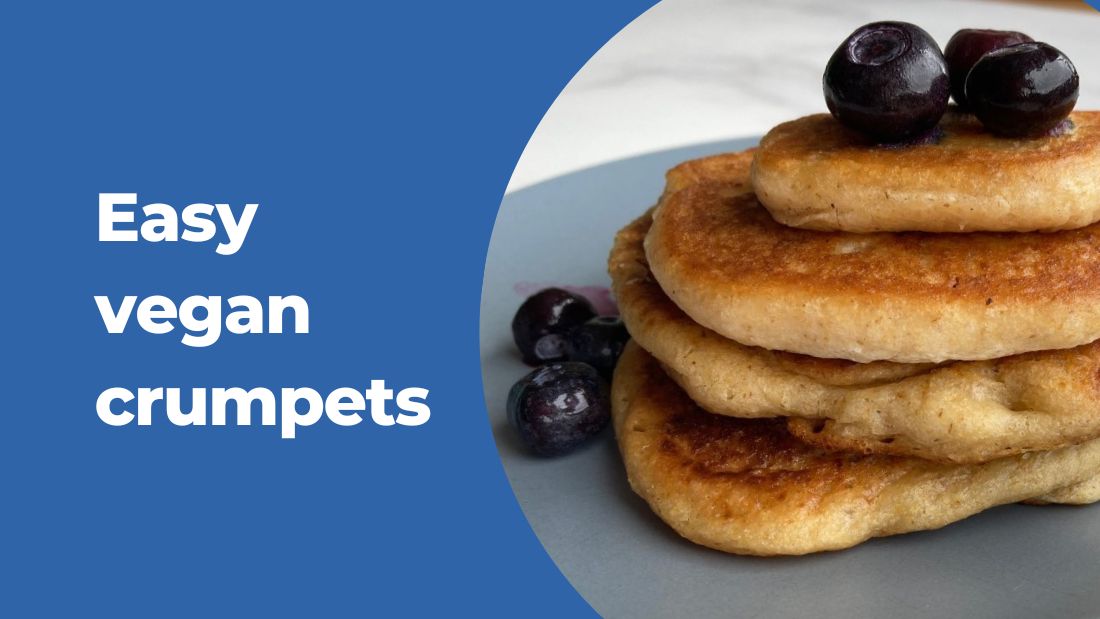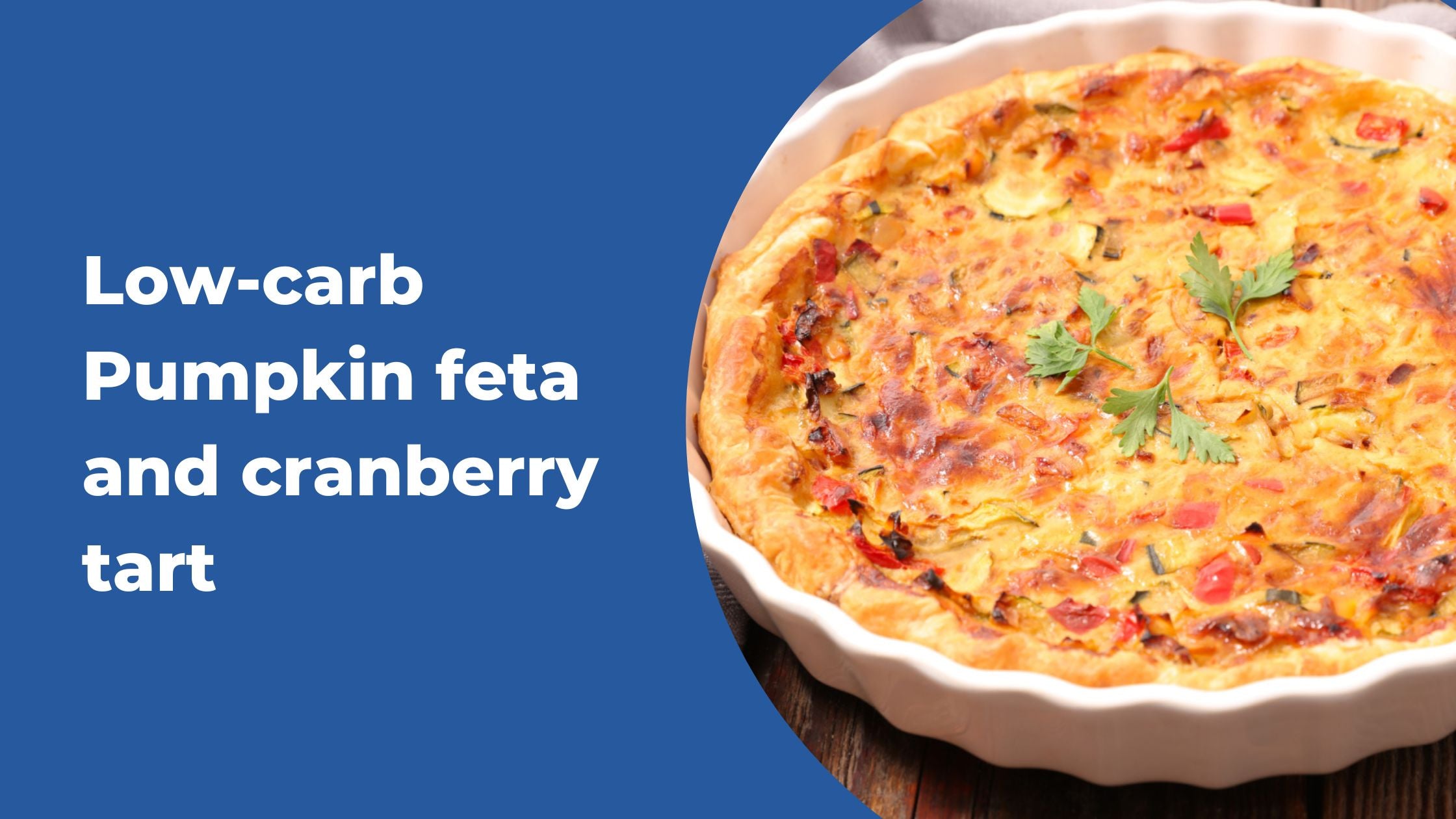Never have humanity had so many options to choose from. I remember a time in South Africa when you only had SABC 1, 2 and 3 and you could watch M-Net open time from 5-7 pm every night. Today, there’s eTV, DSTV, Amazon Prime, Disney, Netflix, and Showmax, to mention but a few. No wonder people are often feeling overwhelmed!
But I’m not writing this to talk about entertainment, although a good Tom Cruise movie would go down well now…
Today there are hundreds of diets out. I’m not joking, literally hundreds. It is difficult to navigate through all of them. When it comes to a diet, there’s no one-size-fits-all. The best diet is the one that works best for you. Whether it is for health, weight loss, or sports performance reasons, you need to choose a diet that suits your lifestyle and what makes you feel and perform your best.
The purpose of this blog is to provide you with all you need to know about the keto lifestyle. We saw the benefits of following a keto eating plan and would like to share this with you, with the hope that you too will benefit.
What is the ketogenic diet?
The ketogenic diet is based on the principle that by depleting the body of carbohydrates, as its primary source of energy, you can force the body to burn fat for fuel - which maximizes weight loss. When you consume carbohydrates, the body converts them into glucose, or blood sugar, which is then used for energy.
Glucose is the simplest form of energy for the body and it has to deplete glucose reserves before it turns to stored fat for fuel. So in essence your body is either in sugar-burning mode or fat-burning mode.
The ketogenic diet has been in the spotlight for all kinds of reasons. According to keto-mojo.com, there have been reports of a variety of health benefits, including fat loss and alleviating a spectrum of medical conditions and risk factors, including metabolic syndrome, epilepsy, obesity, high blood sugar levels (i.e. blood glucose), heart disease, and type 2 diabetes. More and more people are following the ketogenic diet or low-carbohydrate diet, as some people refer to it, to obtain health benefits or weight loss.
What are ketones and ketosis?
According to everydayhealth.com, on a ketogenic diet, the goal is to restrict carbohydrate intake to deplete glucose reserves to force the body to break down fat for energy. Fat is broken down in the liver, producing ketones, and is a by-product of your metabolism. Ketones are used to fuel the body in the absence of glucose. Once ketones are produced, your body is in a state of ketosis.
The founders of Keto-Mojo also founded the Ketogenic Foundation. The Ketogenic Foundation is a California non-profit, public benefit organization that fosters Ketogenic Education, Medical Research, and Information Sharing for the benefit of improving the health of humankind. Through their extensive research, they have developed products and tools to assist people who want to make sure they go into ketosis and monitor how their bodies respond to the keto diet.
According to clevelandclinic.org, the fat used by your body to create ketones either comes from your diet (nutritional ketosis), or it may come from your body’s fat stores. Your liver produces a small number of ketones on its own. But when your glucose level decreases, your insulin level decreases. This causes your liver to ramp up the production of ketones to ensure it can provide enough energy for your brain. Therefore, your blood has high levels of ketones during ketosis.
What is the ketogenic or ketosis diet?
The Cleveland Clinic confirms that the ketogenic (keto) diet alters the way your body uses food. Typically, the carbohydrates you consume provide most of the fuel your body needs and uses. The keto diet has been proven through carb restriction, to teach your body to burn fat for fuel instead.
It should be noted that many nutrient-rich foods have high amounts of carbohydrates. This includes whole grains, fruits, and vegetables. Carbs from all sources of food are restricted on the keto diet. This means you will have to cut out all bread, cereal, and other grains and make serious cuts to your fruit and vegetable intake. The types of foods that accelerate ketones include Meat and fish.
- Eggs.
- Nuts and seeds.
- Butter and cream.
- Cheese.
- Oils such as olive oil and canola oil.
Do carbs play a role in ketosis?
To achieve maximum results and to enter and stay in ketosis, you will need to stay under 50 grams of carbohydrates per day. That is, for example, about three slices of bread, two bananas, or 1 cup of pasta.
How long before I go into ketosis?
If you consume between 20 and 50 grams of carbohydrates per day, it can take you two to four days to enter ketosis. However, the time it takes to enter this state differs from person to person. Glucose monitoring and ketone monitoring tools in the market can help you to track how quickly you reach ketosis and what types of food kick you out of it or how soon. It may take you a week or longer to get into ketosis. According to the Cleveland Clinic, factors that may influence how long it takes you to achieve this state include your:
- Age.
- Carbohydrate, fat, and protein intake.
- Physical activity level.
- Metabolism.
- Sleep health.
- Stress level.
It has been shown that if you consume a high-carb diet before starting a keto diet, it may take you longer to reach ketosis than someone who consumes a low-carb diet. That’s because your body needs to exhaust its glucose stores first.
What are the proven benefits of the keto diet?
The Cleveland Clinic confirms that research has shown that ketosis may have several health benefits. One of the most talked about benefits of ketosis is weight loss. Ketosis can help you feel less hungry, which may lead to eating less food. It can help you lose belly fat (visceral fat) while maintaining a lean mass.
But there are so many other fantastic benefits of ketosis and the ketogenic lifestyle that treat and manage diseases such as:
- Epilepsy: It is known that healthcare practitioners often put children with epilepsy on the keto diet to reduce or even prevent seizures by altering the “excitability” part of their brains.
- Other neurologic conditions: Research has shown the keto diet may help improve neurological conditions such as Alzheimer’s disease, autism, and brain cancers such as glioblastoma.
- Type 2 diabetes: The keto diet can help people with Type 2 diabetes lose weight and manage their blood sugar levels.
- Heart disease: The keto diet may lower your risk of developing cardiovascular disease by lowering your blood pressure, improving your HDL (“good”) cholesterol levels, and lowering your triglycerides.
- Metabolic syndrome: The keto diet may reduce your risk of developing metabolic syndrome, which is associated with your risk of heart disease.
Ketosis has also been shown to increase your focus and energy. The keto diet delivers your body’s energy needs in a way that reduces inflammation. Research suggests your brain works more efficiently on ketones than on glucose.
What are the side effects of ketosis?
Although the keto diet has multiple benefits, it may come with some side effects. In the keto online communities, it has been noted that one of the side effects may include “keto flu,” which includes symptoms such as upset stomach, headache, and fatigue. Other symptoms of ketosis may include:
- Bad breath (“keto” breath).
- Constipation.
- Insomnia.
- Dehydration.
- Low bone density (osteopenia) and bone fractures.
- High cholesterol (hyperlipidemia).
- Kidney stones.
How to overcome the keto flu?
Webmd.com describes gives tips on what to do if you feel under the weather from trying the keto diet.
Drink More Water
Your body stores extra sugar in a molecule called glycogen. Glycogen is generally kept in your cells, along with a lot of water. When you go into ketosis, your body dumps the water that was stored with the glycogen, potentially leading to dehydration.
When you start a keto diet, make sure to drink lots of water to prevent this. If you were drinking many sugar-filled drinks before starting this diet, this is even more important, since you are cutting what may have been an important source of hydration.
Get Enough Electrolytes
When your body dumps water, it often dumps electrolytes, too. This is especially true when insulin levels also decrease. Many of the keto flu symptoms may be caused by your body’s reaction to low levels of electrolytes. If you are noticing symptoms like fatigue, muscle cramps, or body weakness, electrolytes may be the solution. Adding more salt to your food or drinking sports drinks that are high in electrolytes can help your body adjust to ketosis more smoothly.
Get Enough Calories
Part of the purpose of the keto diet is to reduce the appetite and make it easier to consume fewer calories each day. However, when the decreased appetite for ketosis is combined with nausea from keto flu, it may be difficult to eat enough calories daily.
Make sure you are getting healthy fats in your diet and that you’re eating enough calories daily. You may find that your energy levels increase and your nausea is reduced.
Take It Easy
While your body adjusts to a new diet, it is important to rest and allow it to work. Avoid heavy exercise for the first week while your body adjusts. Instead, take time to sleep and do lighter forms of exercise, such as yoga or stretching. Once you feel better, you can get back into your normal exercise routine.
Consider a Slower Transition
Finally, many of the symptoms of keto flu are the result of a sudden dietary shift. If you find that keto flu makes it difficult to stick with a keto diet, you can ease into it instead of immediately and severely limiting your carbohydrate intake. Reducing your carb intake over the course of a few days or weeks can help your body adjust to your new diet naturally and without the negative symptoms of carb flu.
When to See a Doctor
Keto flu should be temporary and generally goes away within a week or two of beginning a keto diet. If your keto flu symptoms last longer than ten days, or if they are actively painful or debilitating, you may want to reach out to your physician.
Keto flu symptoms can be confused with more serious problems, such as stomach problems or nutritional deficits. Your physician can help determine if your symptoms are the result of something more serious or if you should consider adjusting your diet to include more carbs.
How can you start the keto diet?
Popular YouTuber and author Thomas DeLauer creates content on the science behind safe and sustainable weight loss and fitness, informed by his own experience of losing more than 100 pounds. He shares The Complete Guide on how to do the Keto Diet here.
The Keto-Mojo Website has a wealth of resources and scientific articles that support and explain the Ketogenic Lifestyle. To make use of this, simply click here.
To buy Keto-Mojo blood glucose and ketone click here.




Share:
World Diabetes Month and how a Ketogenic lifestyle could benefit you